The faculty in Bard's Middle Eastern Studies Program (MES) draw on diverse areas of expertise. MES faculty come from the academic programs in history, literature, Arabic, religion, sociology, political studies, art history, and economics. Students in MES benefit from the depth of each professor's disciplinary background and the breadth of multidisciplinary perspectives they collectively bring to the program.
Core Faculty
-
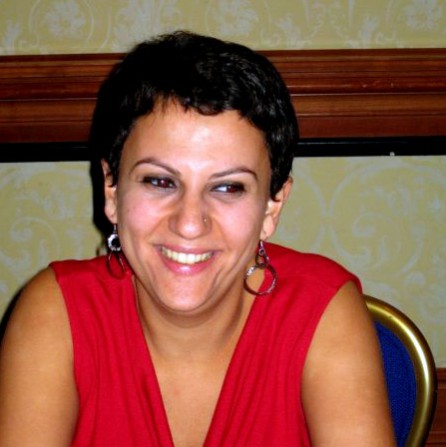 Dina A. Ramadan, DirectorMiddle Eastern Studies; Human Rights; Africana Studies
Dina A. Ramadan, DirectorMiddle Eastern Studies; Human Rights; Africana Studies
Email: [email protected]
Office: Seymour 103
More about Dina -
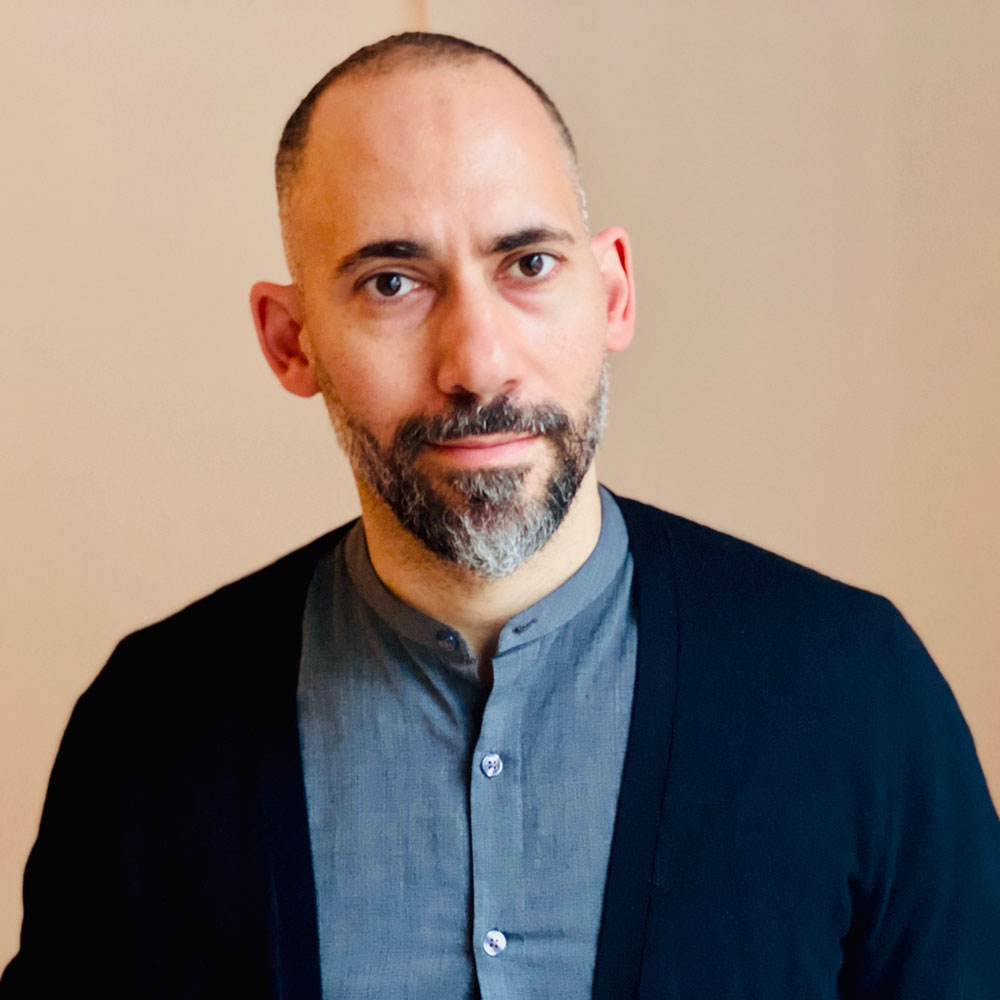 Ziad Abu-Rish
Ziad Abu-Rish -
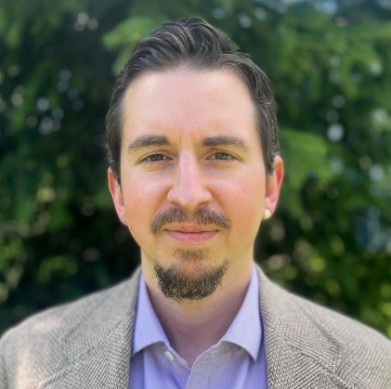 Andrew Atwell
Andrew Atwell -
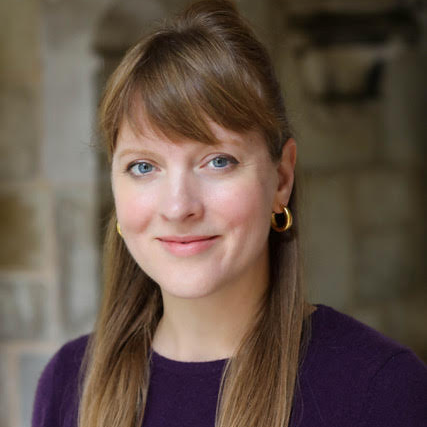 Erin AtwellInterdisciplinary Study of Religions; Middle Eastern Studies
Erin AtwellInterdisciplinary Study of Religions; Middle Eastern Studies
Email: [email protected]
Office: Hopson 202
More about Erin -
Interdisciplinary Study of Religions; Sociology; Middle Eastern Studies
Email: [email protected]
Office: Hopson 201
More about Karen -
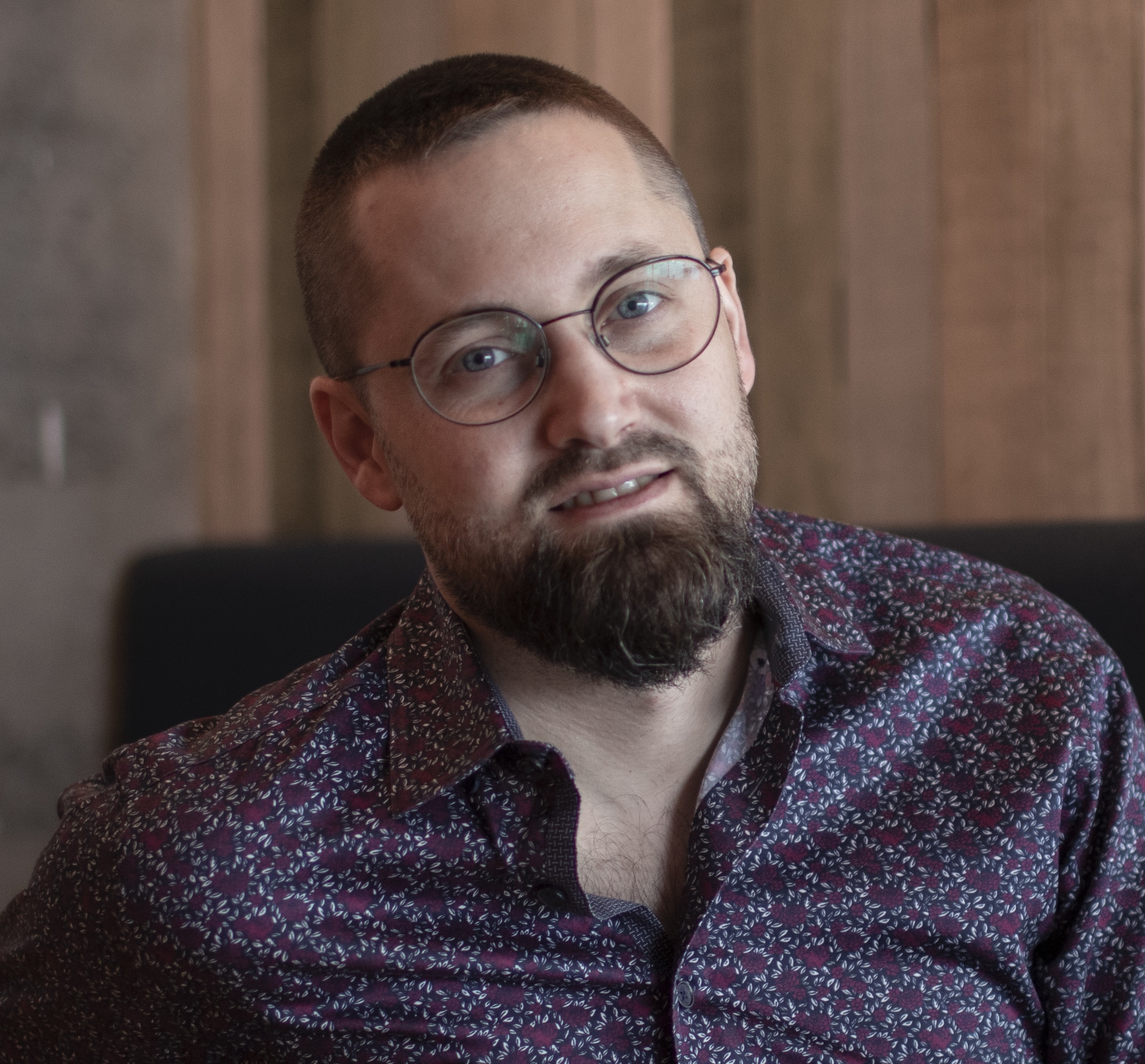 J. Andrew Bush
J. Andrew Bush -
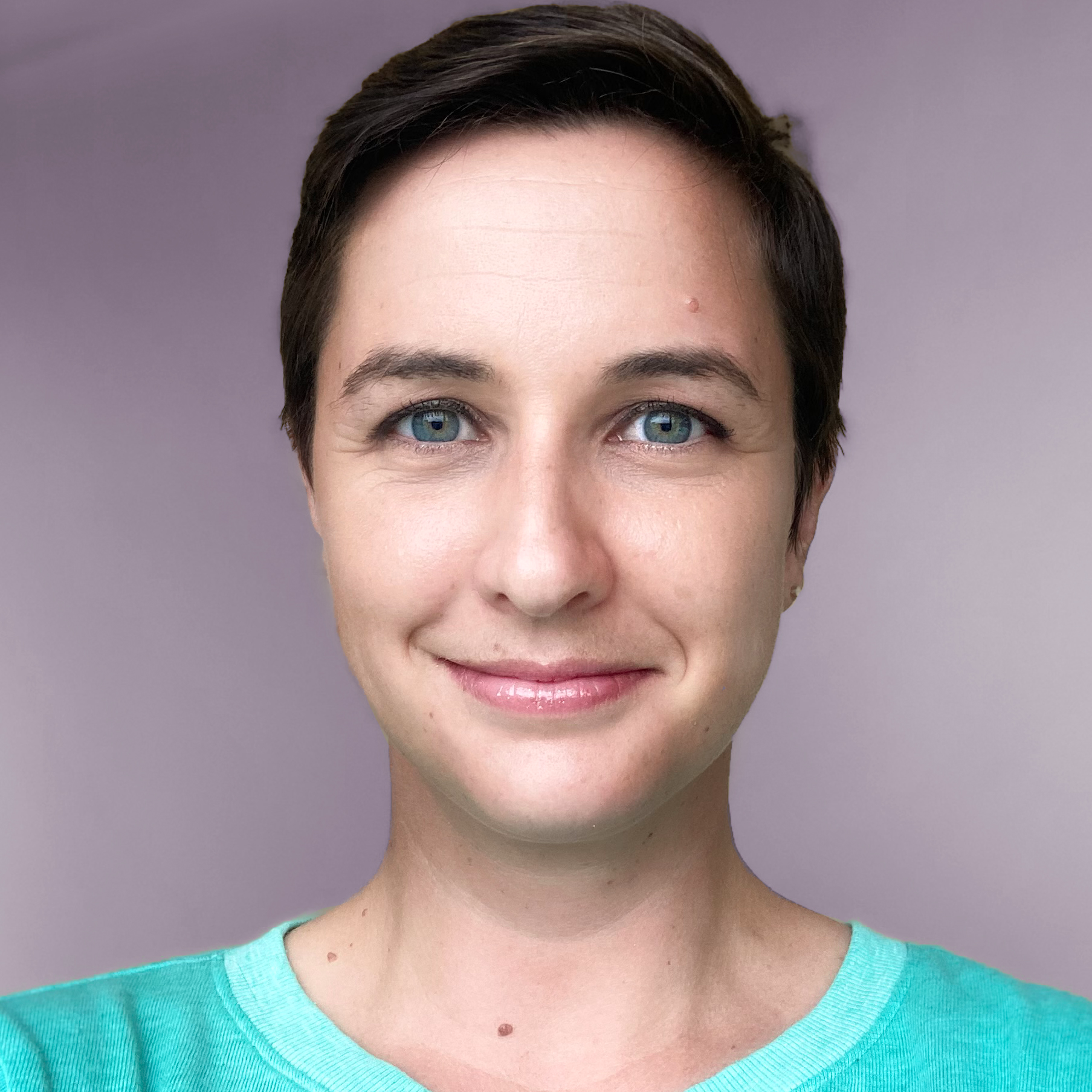 Anne Hunnell ChenArt History, Experimental Humanities; Middle Eastern Studies
Anne Hunnell ChenArt History, Experimental Humanities; Middle Eastern Studies
Email: [email protected]
Phone: 845.758.7258
Office: Fisher Annex 110
More about Anne -
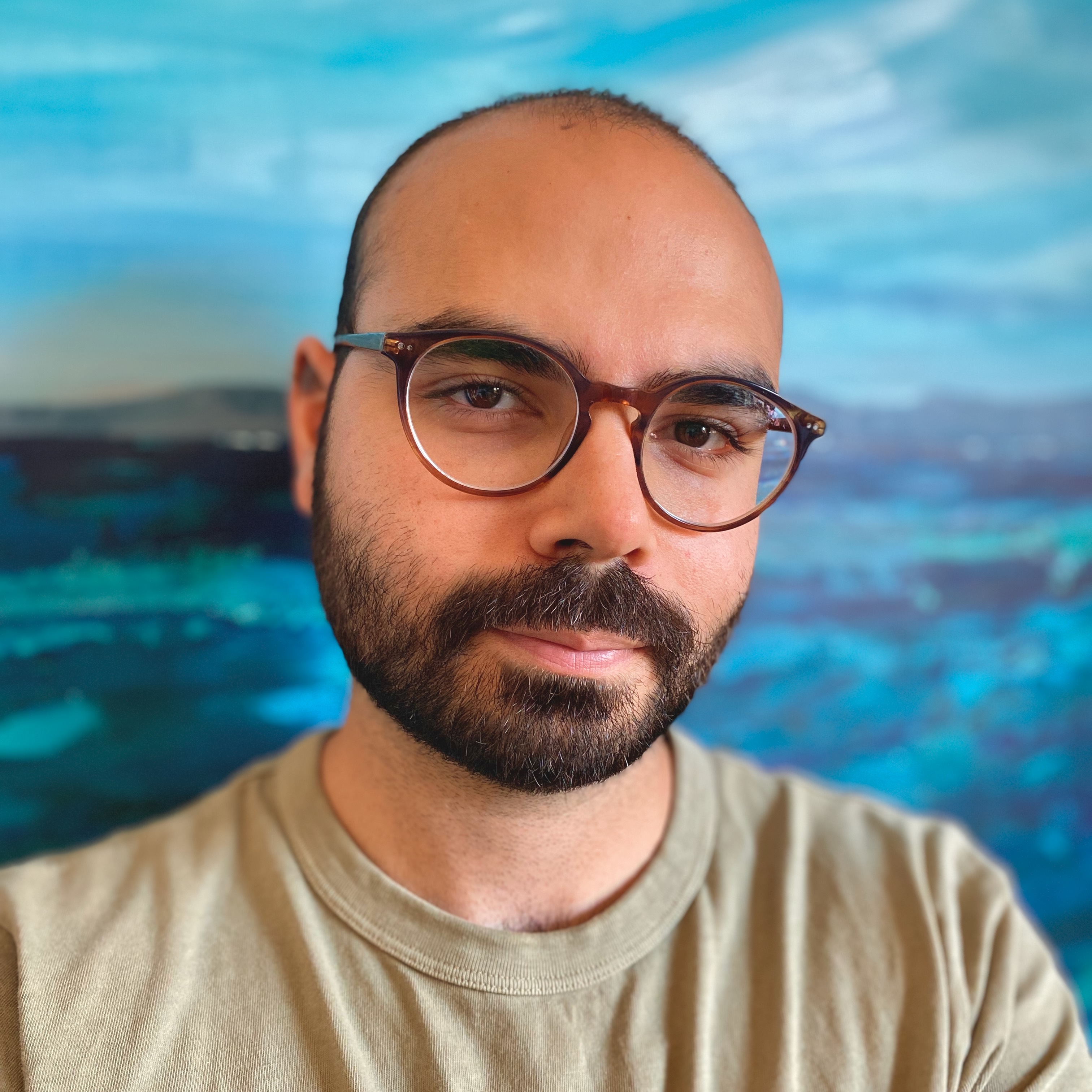 Ziad DallalArabic; Foreign Languages, Cultures, and Literatures; Middle Eastern Studies
Ziad DallalArabic; Foreign Languages, Cultures, and Literatures; Middle Eastern Studies
Email: [email protected]
Office: Seymour 104
More about Ziad -
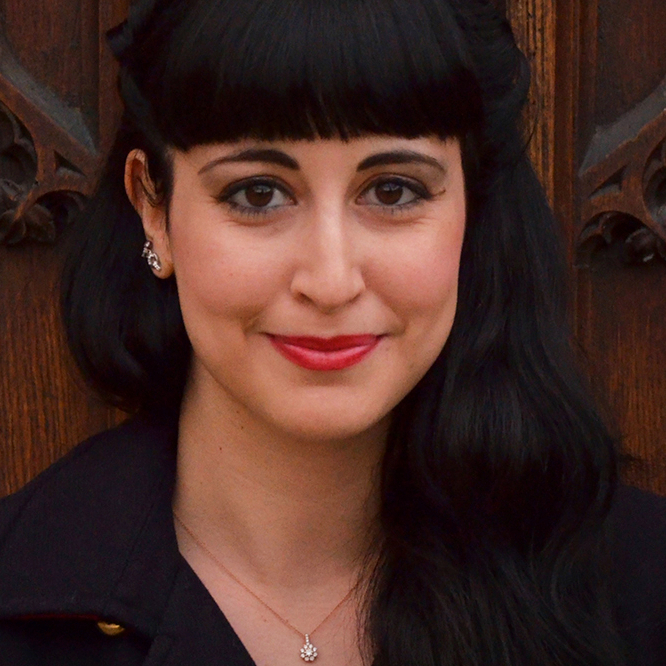 Valentina Grasso
Valentina Grasso -
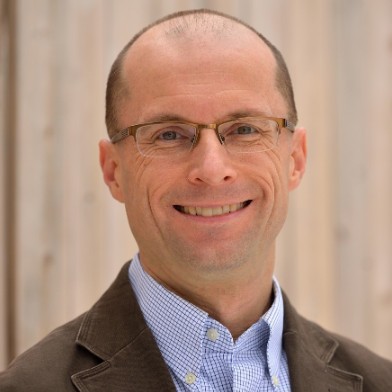 Jeff JurgensAnthropology; Middle Eastern Studies
Jeff JurgensAnthropology; Middle Eastern Studies
Email: [email protected]
Phone: 845.758.7295
Office: Fairbairn 305
More about Jeff -
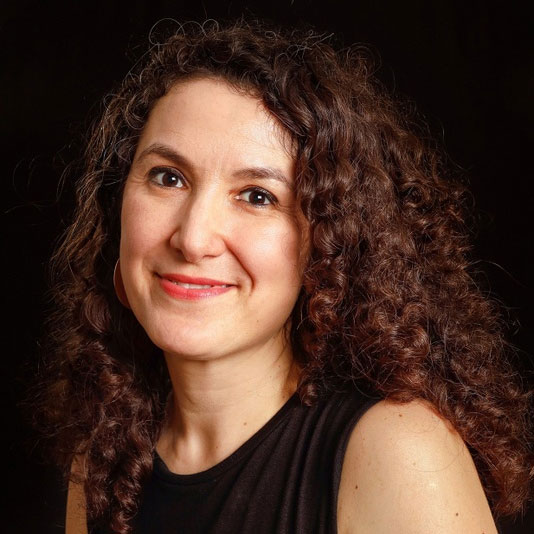 Pınar KemerliPolitics; Middle Eastern Studies; Human Rights
Pınar KemerliPolitics; Middle Eastern Studies; Human Rights
Email: [email protected]
Office: Aspinwall 302B
More about Pinar -
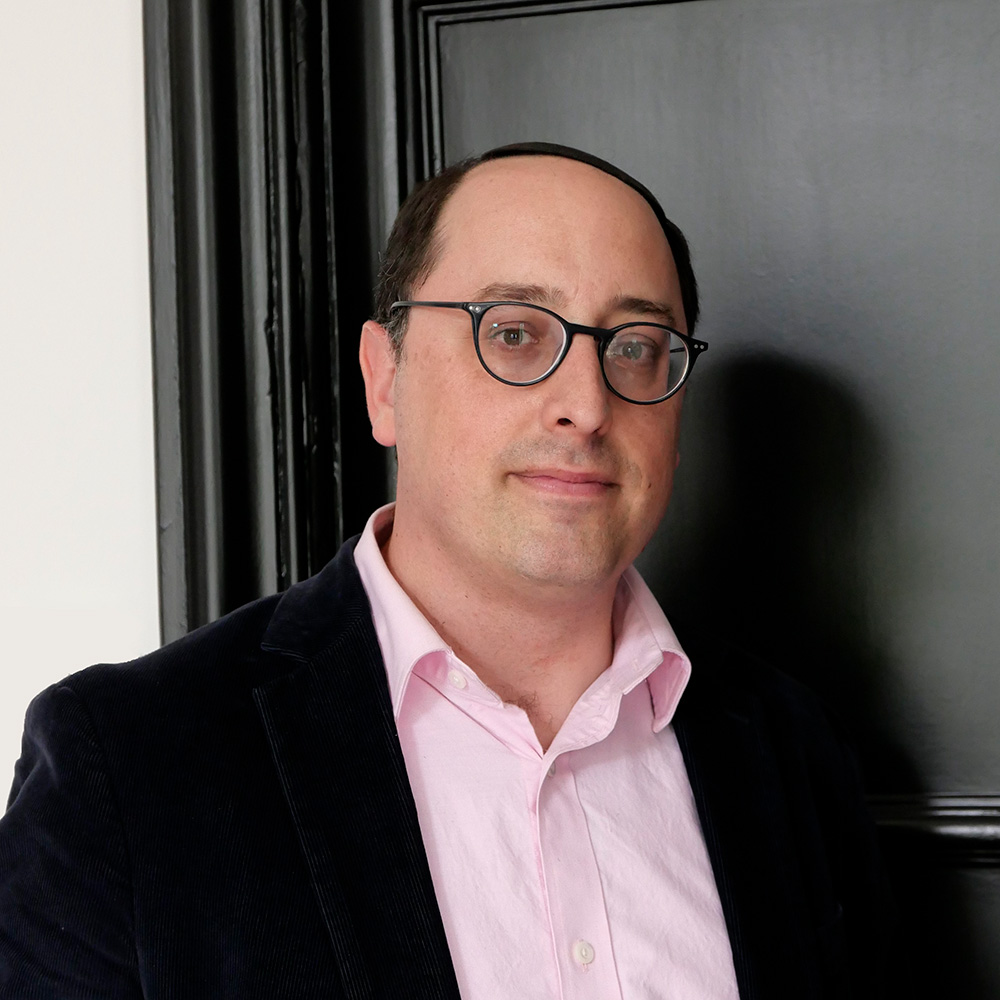 Shai SecundaInterdisciplinary Study of Religions; Jewish Studies; Middle Eastern Studies
Shai SecundaInterdisciplinary Study of Religions; Jewish Studies; Middle Eastern Studies
Email: [email protected]
Phone: 845.758.7389
Office: Hopson 205
More about Shai -
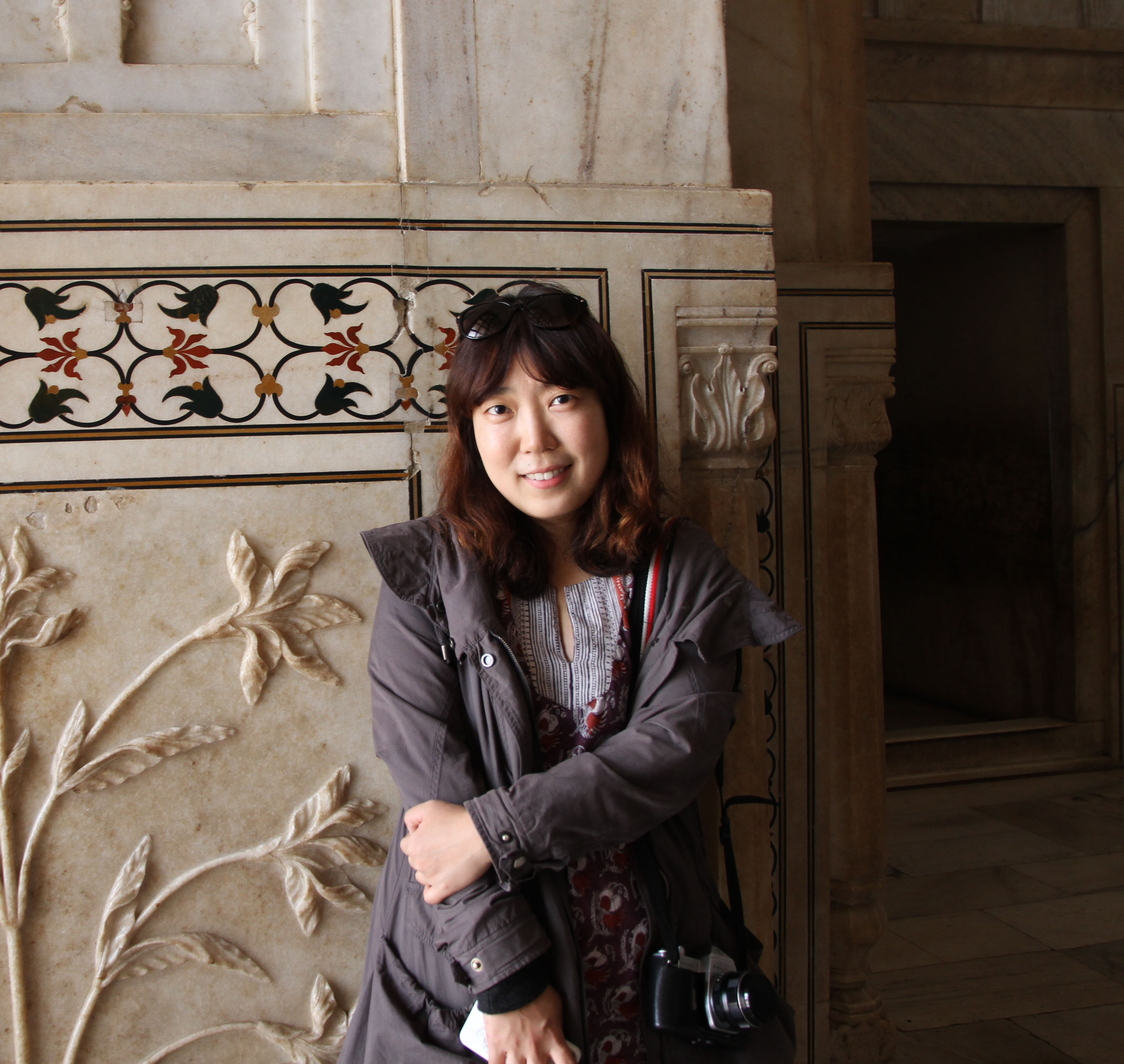 Heeryoon ShinArt History; Middle Eastern Studies
Heeryoon ShinArt History; Middle Eastern Studies
Email: [email protected]
Hpone: 845.758.7184
Office: Fisher Studio Arts 157
More about Heeryoon
-
Anthropology; EUS; GIS; Human Rights; MES; Science, Technology, and Society
Email: [email protected]
Phone: 845.758.7201
Office: Hopson 301
More about Sophia -
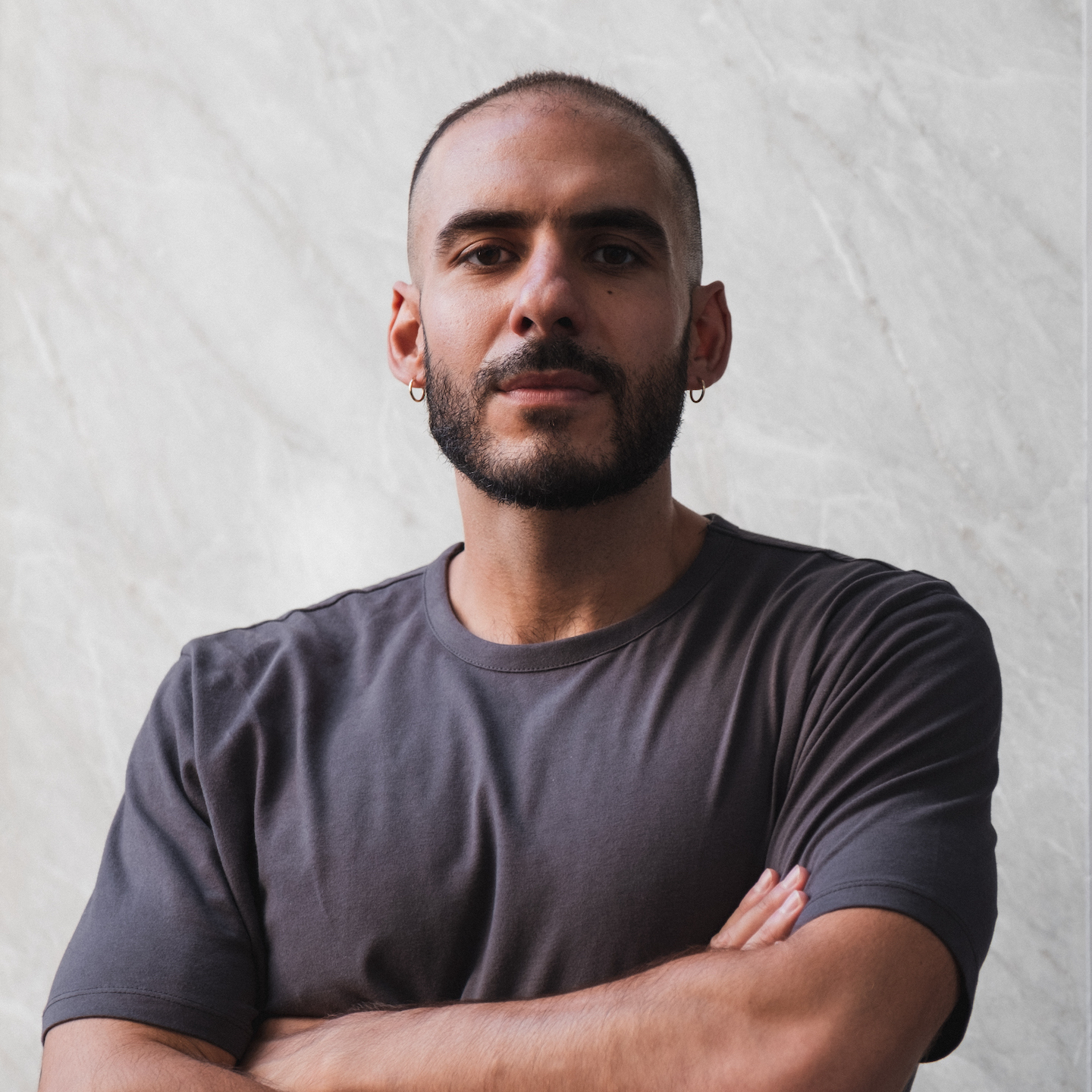 Ali M. Ugurlu
Ali M. UgurluAli M. Ugurlu

Historical Studies; Middle Eastern Studies
Email: [email protected]
Office: Fairbairn 106
Visiting Assistant Professor of History and Middle Eastern Studies
I am a historian of the late Ottoman Empire and the modern Middle East, and my work sits at the intersection of intellectual history, social theory, and histories of capitalism. My research and teaching interests include modernism and revolution; Islam and secularism; political economy and Marxism; the anticolonial tradition and postcolonial theory; psychoanalysis; historiography and the philosophy of history.
I am currently working on my first monograph, Captives of Freedom: The Paradoxical World of Emancipation in the Ottoman Age of Capital, which centers on the work of intellectuals who wrote in and between Ottoman-Turkish and Arabic at the historical junction of imperial dissolution and nation-making (1860s-1910s). I argue that the sea-change in Ottoman intellectuals’ conceptualization of freedom in the late nineteenth century provides glimpses into a core contradiction of modern life: capitalism as bearer of both novel emancipatory possibility and boundless suffering. Working with materials in Ottoman-Turkish and Arabic, and straddling intellectual and social history, Captives of Freedom shows that Ottoman intellectuals’ shifting frame of reference for being free became intimately tied up with (and mediated through) an Ottoman context that was being reshaped by the uneven dynamics of global capitalism.
I have begun the preliminary research on an interrelated project on Marxist modernism across the post-Ottoman Levant. Focusing on a group of socialist militants, writers, and painters born into a disintegrating empire but who came of age in new nation-states, I am interested in the different ways literature and the arts may be approached as unique media to understand the contradictions of colonialism, nationalism, and capitalism across the early twentieth century Middle East.
My research has been made possible by the support of the Fulbright-Hays Program, the Sakıp Sabancı Center for Turkish Studies and the Department of Middle Eastern, South Asian, and African Studies at Columbia University, and my writing has appeared in the Arab Studies Quarterly.
BA, Rutgers; MA, The Graduate Center, CUNY; PhD, Columbia.
Office: Fairbarn 106














